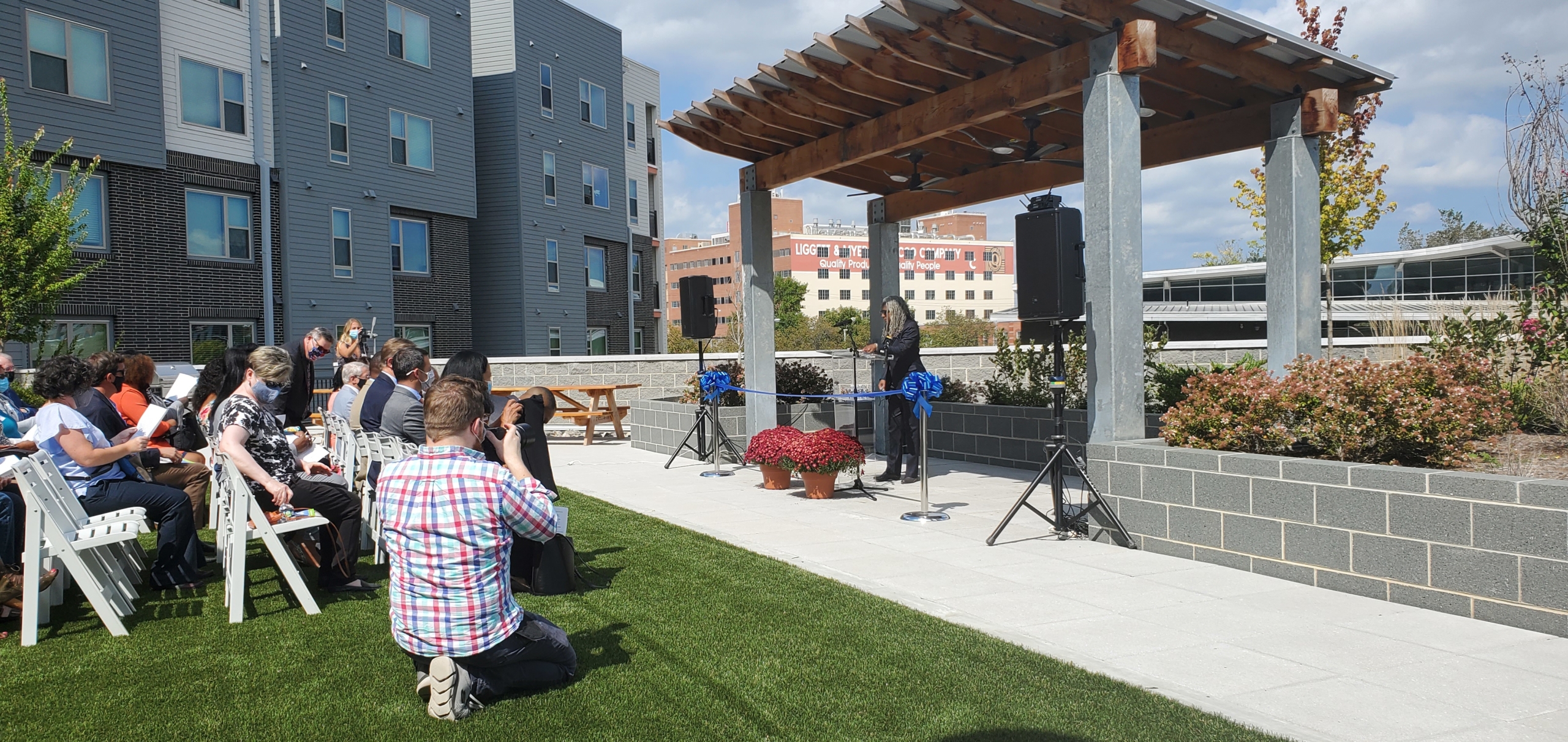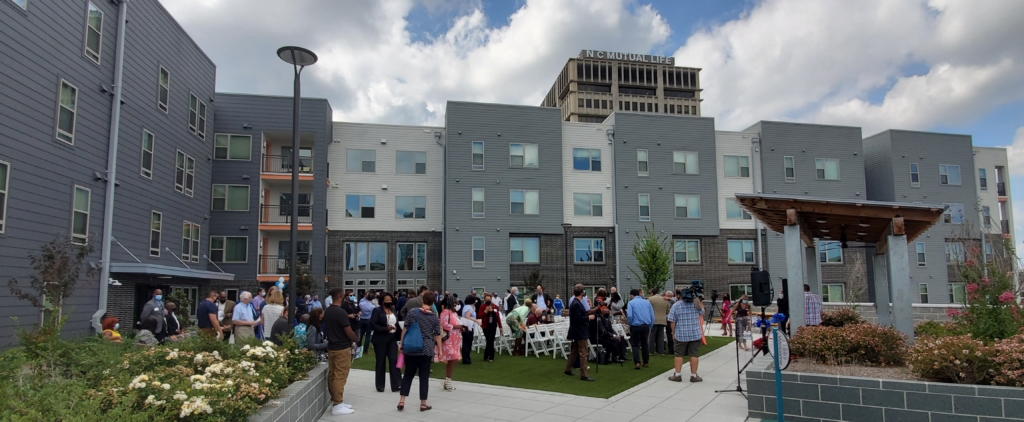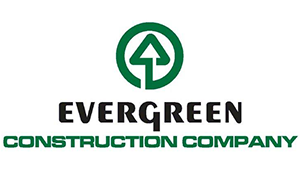
On September 30, I had the honor of attending the dedication of Willard Street Apartments, an affordable housing community located next to the city’s transit center in downtown Durham.
This community includes 82 affordable housing units that serve folks with low to modest incomes. In an up-and-coming area of Durham where the cost of housing has risen drastically, the vision and work of advocates – along with partners that bring in their development expertise – to build high-quality affordable housing is a reminder of what can be accomplished for the common good when advocacy, business, and governing come together.
This project was led by a collaboration between DHIC and Self-Help Ventures Fund as co-developers, with the support of many community partners.
In many communities across the state, there is a lack of safe and desirable affordable housing, or it is all concentrated in underserved areas. Willard Street Apartments is a beautiful example of housing that is not merely affordable, but conveniently located and impeccably designed. Situated above a resident parking deck and retail space, there are 4 floors of modern-industrial style units, with amenities that include free high-speed internet, artwork by local artists, common areas and a computer lab, an outdoor green space with a grill and picnic tables, an expansive playground, stairs that lead directly to the transit center, and views of downtown Durham.
“Willard Street proves that when a community comes together and serves all of its citizens, we can deliver more than just an apartment building. We can deliver homes,” said DHIC President Yolanda Winstead, quoting Durham Mayor Steve Schewel during remarks at the ribbon-cutting event.
“The vision this represents is that we can have a racially and economically diverse downtown,” said Mayor Schewel. “This housing is an important step in our work to fight gentrification and create a truly economically and racially diverse community.”
 Advocacy by groups like Durham CAN (Congregations, Associations, and Neighborhoods) and the Coalition for Affordable Housing and Transit saw an opportunity to help individuals and families who earn lower wages. They pushed the City Council to vote unanimously to use 2 acres of city-owned land for development, using the 9% Low Income Housing Tax Credit (LIHTC) – this allowed affordable housing to co-exist in a diverse neighborhood with housing options at many income levels. While this was not an easy project and took several years of local organizing, key leadership from advocates like Dr. Phail Wynn, Jr. – who served as the president of Durham Technical Community College from 1980 to 2007 and the vice president for Durham and Regional Affairs at Duke University from 2007 to 2018 – turned this innovative vision into a reality. Dr. Wynn passed away in 2018, so he was not able to see the project completed. The outdoor Willard Street Apartments Plaza is dedicated in his honor.
Advocacy by groups like Durham CAN (Congregations, Associations, and Neighborhoods) and the Coalition for Affordable Housing and Transit saw an opportunity to help individuals and families who earn lower wages. They pushed the City Council to vote unanimously to use 2 acres of city-owned land for development, using the 9% Low Income Housing Tax Credit (LIHTC) – this allowed affordable housing to co-exist in a diverse neighborhood with housing options at many income levels. While this was not an easy project and took several years of local organizing, key leadership from advocates like Dr. Phail Wynn, Jr. – who served as the president of Durham Technical Community College from 1980 to 2007 and the vice president for Durham and Regional Affairs at Duke University from 2007 to 2018 – turned this innovative vision into a reality. Dr. Wynn passed away in 2018, so he was not able to see the project completed. The outdoor Willard Street Apartments Plaza is dedicated in his honor.
I found the entire event one of hope and promise, and I am inspired by the vision of this group to serve our community’s most vulnerable. When we work to prioritize the common good over the privileged few, our entire community thrives. I look forward to seeing this vision continue in future projects that are planned throughout the city, and for work like this to grow in other counties across North Carolina.








